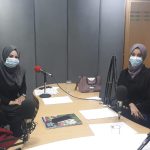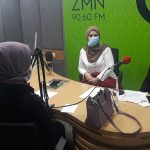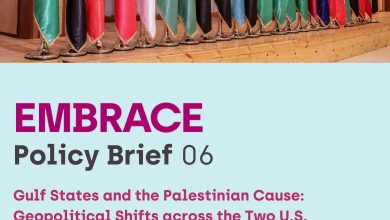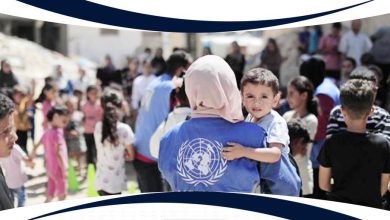First Episode of “Youth Creativity” Program: on -Gender Discrimination in University Admission Rates-
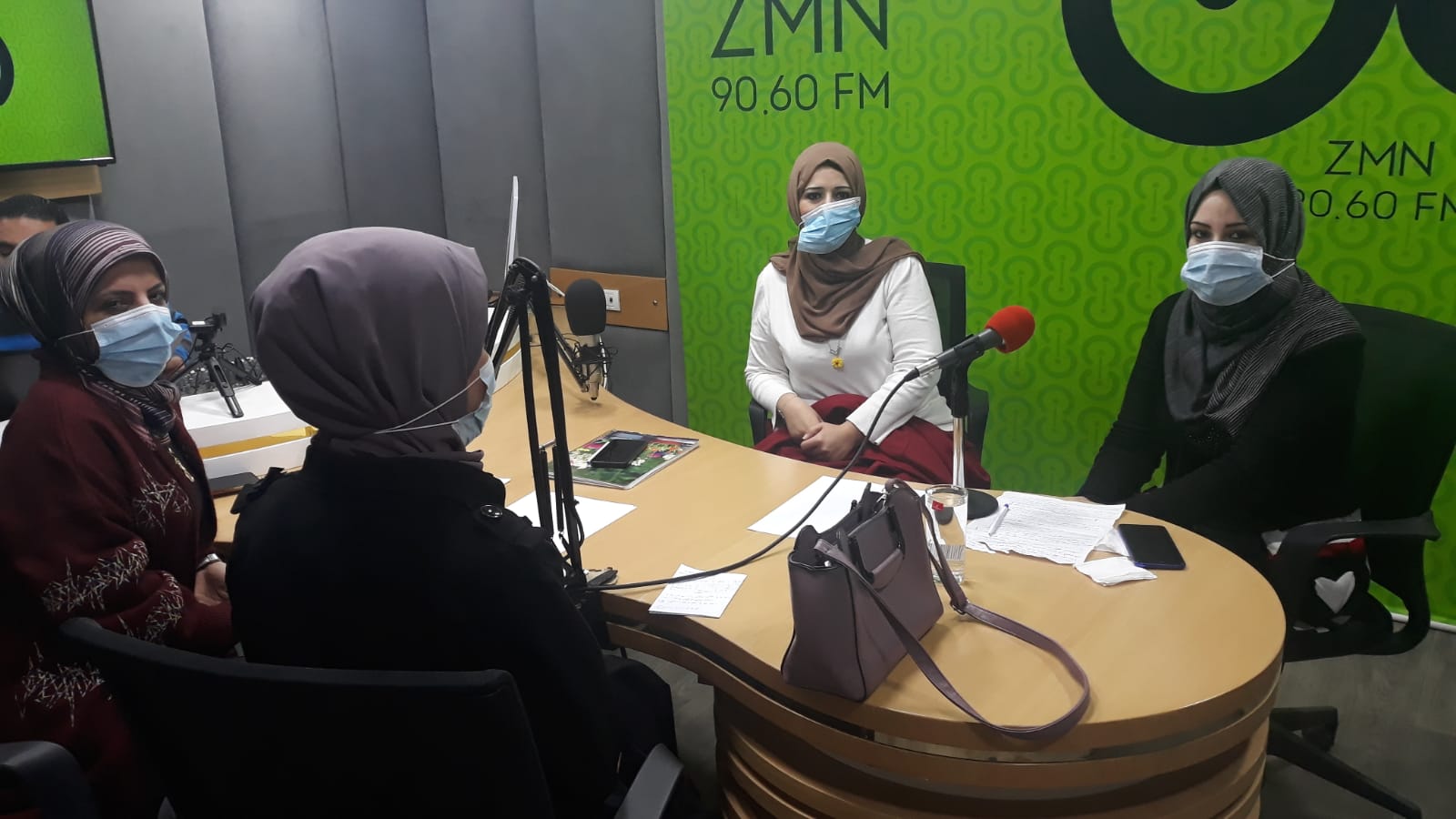
During the first episode of the radio program Youth creativity, the researchers Ms Hadeel Zaqout and Ms Sawsan Al Ajouri discussed their paper which is entitled University Admission rates: Continuing discriminatory Policy and changing Social roles. The discussion was mainly about the reality of female students at universities in the Gaza Strip and the impact of different rates of admission on them. This discussion was held on a radio program at Zaman Radio within the project of Young Gender- Equality Research Chapter’s project which is carried out by Pal-Think for Strategic Studies and funded by the Government of Canada.
A PhD holder in sociology, Dr Khitam Abu Ouda, was hosted and said that Palestinian women suffer discrimination in colour, religion, party and clan in all life aspects, and this negatively affects their own souls, but they must struggle to reach their own dreams and goals.
Then she pointed out, gender discrimination was contrary to Palestinian laws and international conventions signed by the Palestinian Authority, but discrimination persisted. Plus, she added that the distinction in university admission rates also continued during the COVID-19 pandemic, despite, e-learning for bother genders.
Further, Dr Khitam stated that these days women can use social media to defend their rights, and parents must raise awareness and strengthen women’s personality. She also stressed that there is a big role for religious scholars to talk about discrimination and raise awareness to overcome it.
The researcher Sawsan Al-Ajouri said that discrimination between males and females constitutes an explicit violation of Article 9 of the amended Palestinian Basic Law of 2005, violates the Independence Declaration. She also emphasised that it opposes the Convention on the Elimination of All Forms of Discrimination Against Women “CEDAW” to which Palestine has signed, and is contrary to Article 1 of the Charter United nations.
She also spoke in the paper about the suffering of some female students who were forced to study specializations that they did not want because of the pressure of parents and in order to avoid the social stigma. Besides, she also talked about the advocacy campaign, Taliat, which took place in July 2020, by activists in women’s freedoms and protection issues.
As well as, the co-researcher, Ms Hadeel Zaqout, clarified that women’s participation in the civil public sector represents 43% against 75% for men. By this, she managed to stress that the discrimination against women even in the daily payment was indicated, with women paying 98 NIS comparing to 102NIS for men.
With regard to women’s political participation, Zaqout said that women represent only 5% of the Central Council members, 11% of the National Council members, 14% of the Cabinet members, and 11% of the diplomatic corps. Women with a Director-General grade and above were 13%, compared to 87% for men.
Finally, the researchers concluded with recommendations such as the discrimination in university admission rates must be ended by a ministerial or legal decision in accordance with local and international laws, without opposition to the educational and value system. Plus, to focus the attention of women’s and human rights institutions on this problem. Moreover, intensifying efforts, starting with pressure on officials and decision-makers and supporting the female students in order to reach the due justice.

